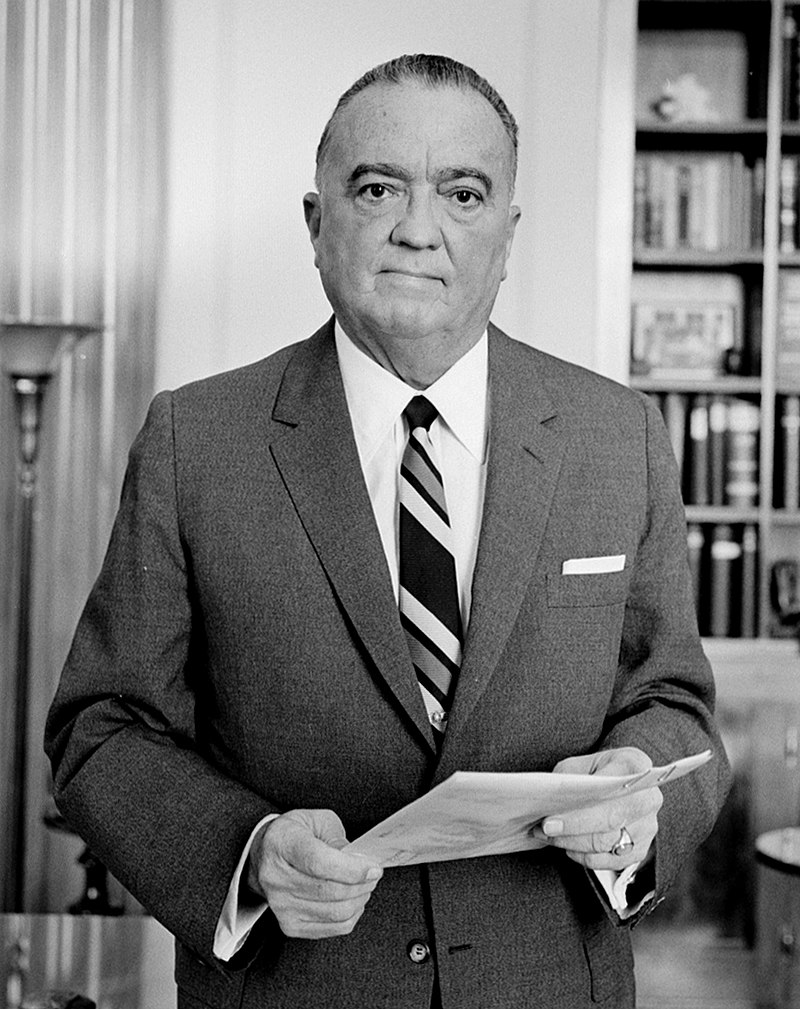On May 10, 1924, J. Edgar Hoover officially became the director of the FBI. He held this position for 48 years until his death in 1972. Under Hoover’s leadership, the agency transformed from a small bureau into a powerful organization, serving under eight presidents throughout his tenure.
J. Edgar Hoover is often seen as a controversial figure in American history. He began his career as a librarian at the Library of Congress. Still, he quickly rose to a position of significant power within the United States by advancing through the ranks of law and leadership at the Justice Department. In 1924, he was appointed by President Calvin Coolidge as the head of the Bureau of Investigation, which was the precursor to the FBI. Hoover often credited his time as a librarian with being crucial to his investigative career, as it taught him the importance of collecting and organizing large amounts of information and data.
Hoover effectively utilized his leadership skills to expand the FBI rapidly. He played a significant role in creating and implementing modern technologies, such as fingerprinting and forensic science, which enhanced crime-fighting efforts. Additionally, he was instrumental in establishing the FBI blacklist, an organized list of individuals and organizations that the United States deemed untrustworthy.
Later in his life and career, many accusations of abuse of power emerged against Hoover. He was accused of using his authority to sabotage political opponents for personal gain, illegally surveilling and documenting the actions of individuals he considered undesirable, and violating the very policies that the FBI was supposed to enforce. Through these practices, Hoover was able to amass significant power and intimidate numerous political figures. His legacy continues to be a topic of debate today. While many acknowledge his effective leadership and brilliance in developing and strengthening national security, his abuses of power often overshadow these accomplishments.

